Three-parent babies: what you need to know about IVF plan
Critics say it will lead to 'designer babies' but therapy hailed as 'groundbreaking' by supporters
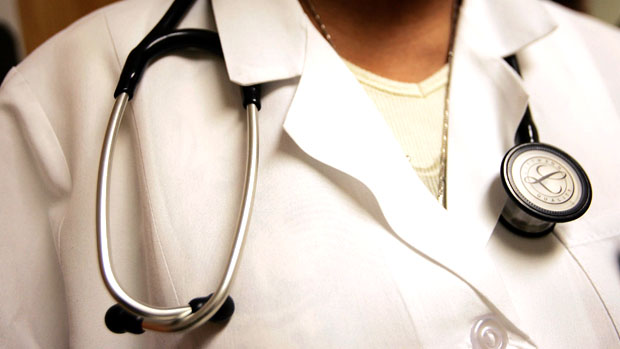
A free daily email with the biggest news stories of the day – and the best features from TheWeek.com
You are now subscribed
Your newsletter sign-up was successful
BRITAIN is planning to become the first country in the world to offer "three-parent" fertility treatments to parents who want to avoid passing potentially fatal genetic diseases on to their children. The historic proposal to lift a ban on the controversial IVF treatment still has to be approved by parliament, but it could be available on the NHS as early as next year. Here are five key questions about the ground-breaking therapy. Who would use it? Families with a history of mitochondrial diseases – incurable conditions passed down the maternal line that affect around one in 6,500 children worldwide – would use the therapy. The diseases can lead to fatal heart problems, liver failure, brain disorders, blindness and muscular dystrophy, says Reuters. How does it work? Several three-parent therapies are being developed, but the basic process involves transferring the nuclear material of an affected mother's egg cell into the donor egg of an unaffected woman. The healthy mitochondria – the tiny power packs of the cells – will then be passed on to the IVF baby. The amount of DNA exchanged is less than 1 per cent and would not influence a child's "appearance, intelligence or personality", The Times says. The treatment is known as three-parent in vitro fertilisation because the baby would have genes from a mother, a father and from a female donor. Why is the therapy controversial? Critics say the process is unethical and could be the first step to creating a market for "designer babies". David King, director of the Human Genetics Alert campaign group, described the techniques as "unnecessary" and "ethically unsound". He said: "They cross the ethical line that has been agreed by governments around the world that we should not genetically alter human beings." What do advocates of the therapy say? Professor Dame Sally Davies, the Chief Medical Officer, calls the therapy "groundbreaking" and says clearly-defined regulations are being drafted to make sure it is used appropriately. Dame Sally told The Times the decision to make the therapy available was "not one to be taken lightly", but she felt "very comfortable" about altering mitochondrial DNA. "We will save some five to ten babies from being born with ghastly disease and early death without changing what they look like, or how they behave, and it will help mothers to have their own babies," she told the paper. Are there any risks to the process? There is no evidence from animal studies that the therapy can cause medical problems. Babies born using three-parent IVF would be closely monitored by doctors during their lives for signs of any ill-effects.
A free daily email with the biggest news stories of the day – and the best features from TheWeek.com
The Week
Escape your echo chamber. Get the facts behind the news, plus analysis from multiple perspectives.

Sign up for The Week's Free Newsletters
From our morning news briefing to a weekly Good News Newsletter, get the best of The Week delivered directly to your inbox.
From our morning news briefing to a weekly Good News Newsletter, get the best of The Week delivered directly to your inbox.
-
 The 8 best TV shows of the 1960s
The 8 best TV shows of the 1960sThe standout shows of this decade take viewers from outer space to the Wild West
-
 Microdramas are booming
Microdramas are boomingUnder the radar Scroll to watch a whole movie
-
 The Olympic timekeepers keeping the Games on track
The Olympic timekeepers keeping the Games on trackUnder the Radar Swiss watchmaking giant Omega has been at the finish line of every Olympic Games for nearly 100 years
-
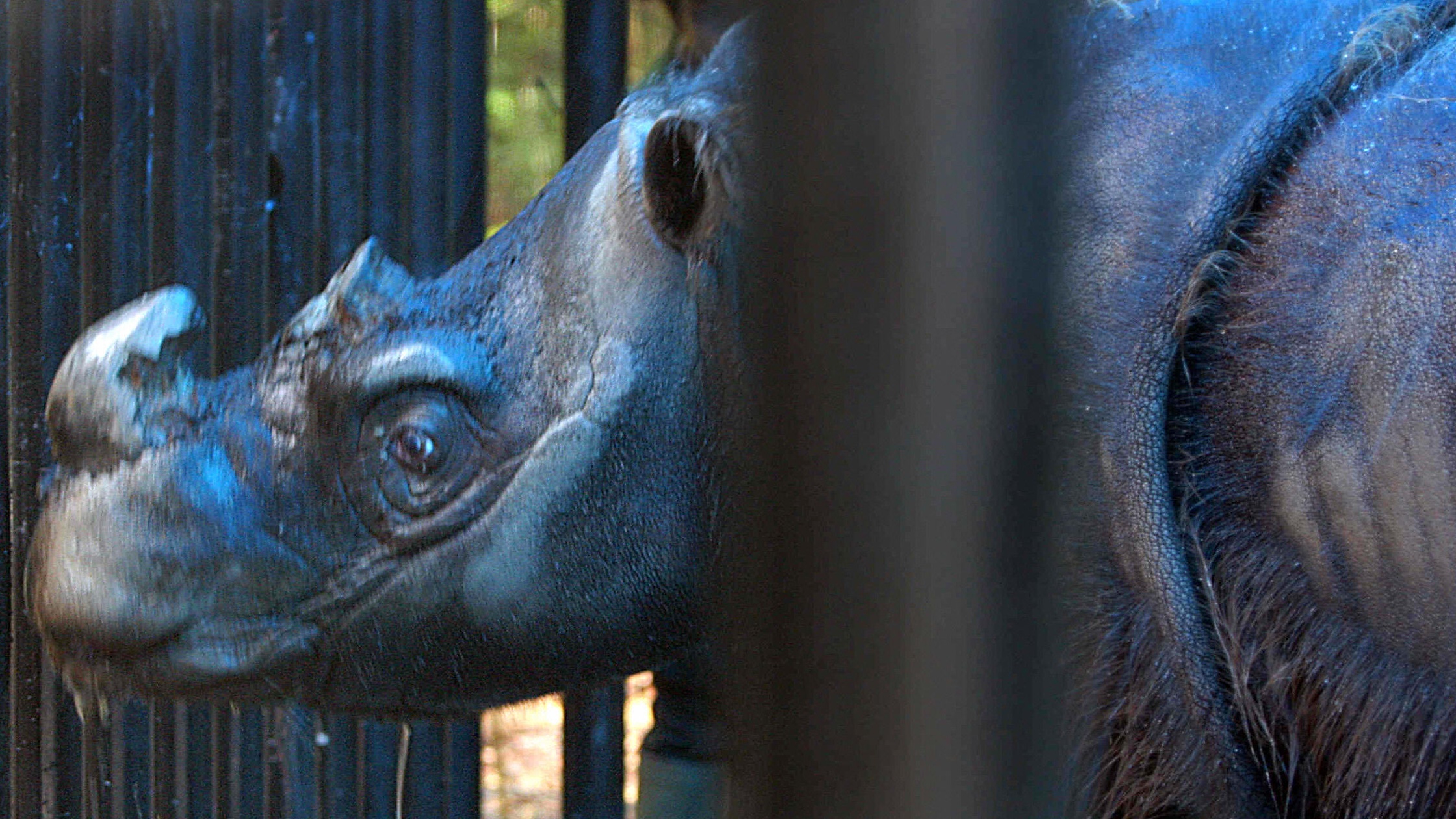 Bid to resurrect extinct Sumatran rhino using stem cells
Bid to resurrect extinct Sumatran rhino using stem cellsSpeed Read Scientists aim to create embryos to implant into a ‘closely related species’
-
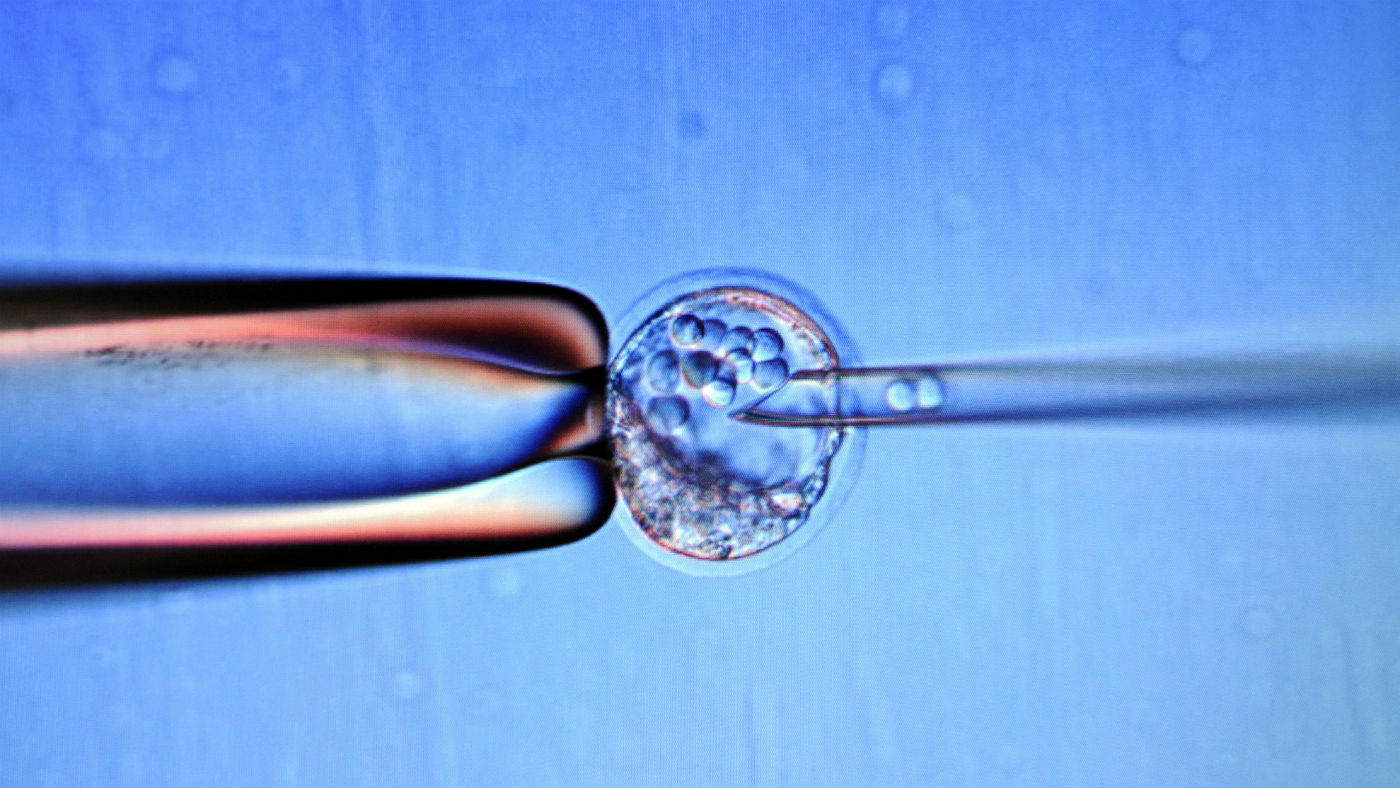 World’s first genetically altered babies born in China
World’s first genetically altered babies born in ChinaSpeed Read If true, breakthrough ‘would be profound leap of science and ethics’ despite condemnation from medical profession
-
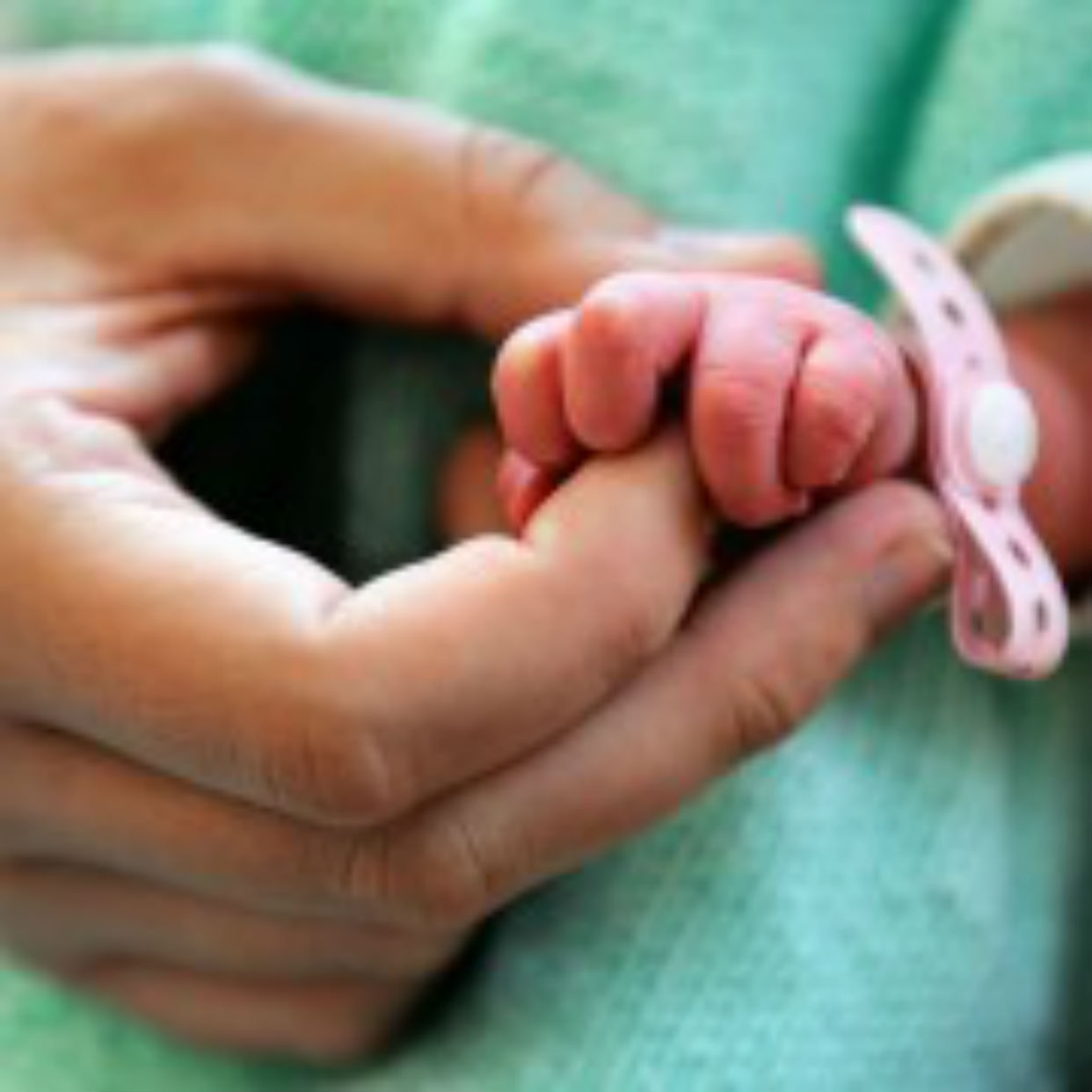 Baby born from embryo one year younger than its mother
Baby born from embryo one year younger than its motherIn Depth Emma Gibson, frozen in 1992, is thought to be the oldest embryo to be successfully implanted
-
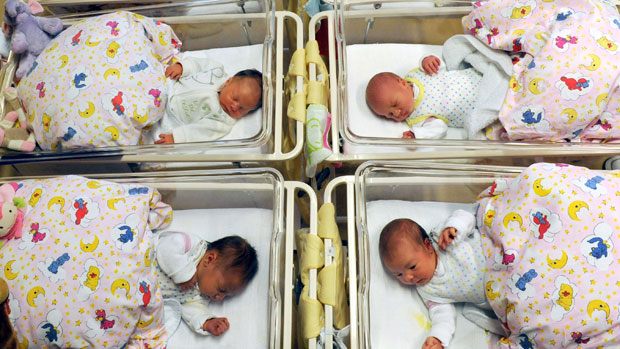 World's first 'three-parent' baby born
World's first 'three-parent' baby bornSpeed Read Controversial procedure combines the DNA of several people in one baby